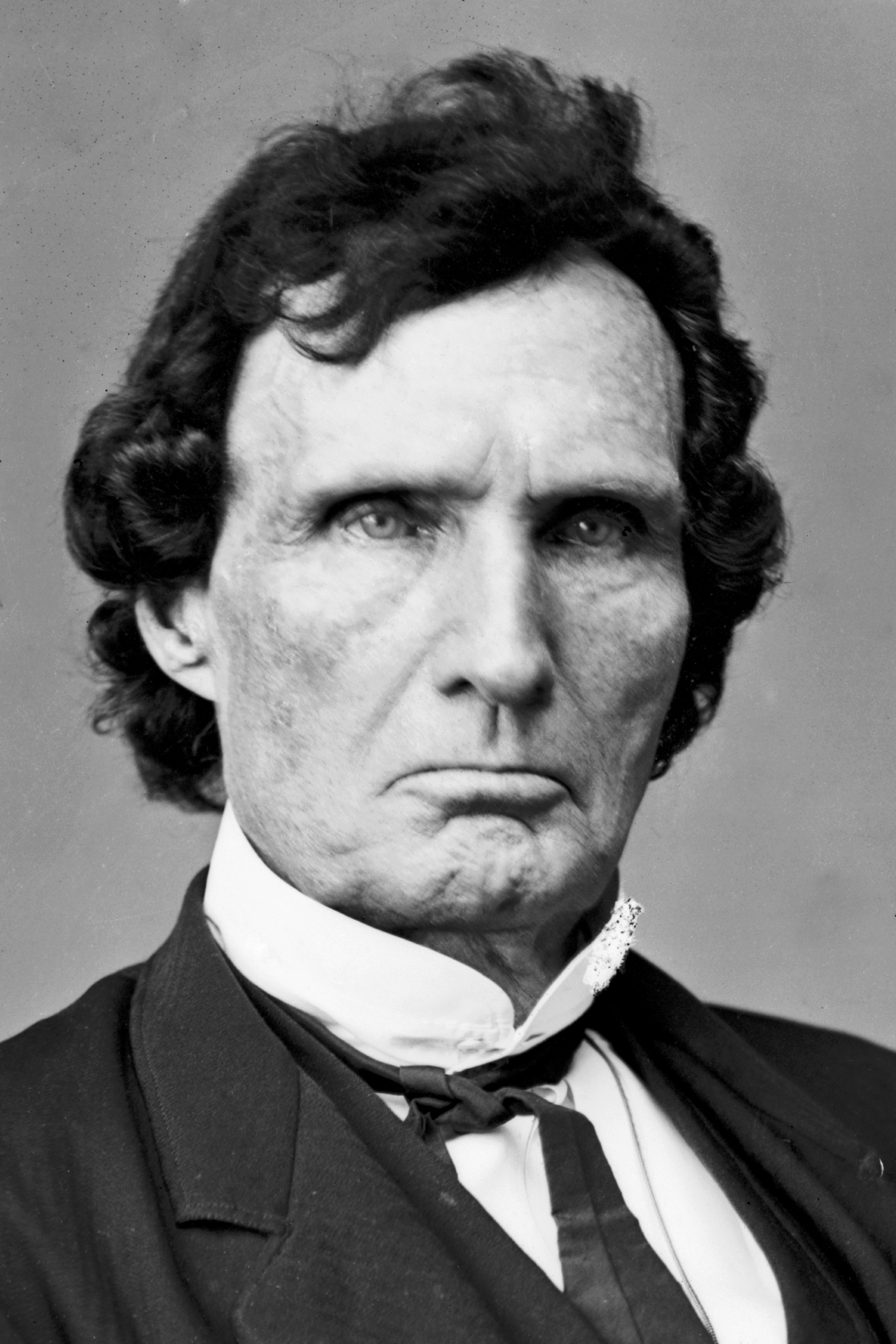Thaddeus Stevens, né le 4 avril 1792 à Danville et mort le 11 août 1868 à Washington, D.C., est un homme politique américain, notamment représentant de la Pennsylvanie au Congrès des États-Unis. Il fut l'un des principaux meneurs de la faction radicale du Parti républicain dans les années 1860. Opposant acharné à l'esclavage et aux discriminations envers les Afro-Américains, il chercha à garantir leurs droits durant la période qui suivit la guerre de Sécession et s'opposa notamment au président Andrew Johnson sur cette question.
Issu d'une famille pauvre et rurale du Vermont, Stevens naquit avec un pied bot qui le fit boiter toute sa vie. Après des études de droit, il s'installa en Pennsylvanie et devint un avocat brillant à Gettysburg. Il s'impliqua dans les affaires municipales puis entra en politique en étant élu à la chambre des représentants de l'État où il défendit une éducation publique et gratuite. Des problèmes financiers l'obligèrent à s'installer et à exercer dans la plus grande ville de Lancaster. Il y rejoignit le parti whig et fut élu au Congrès en 1848. Son opposition à l'esclavage lui coûta de nombreuses voix et il ne chercha pas à se représenter en 1852. Après s'être rapproché brièvement du mouvement nativiste des Know Nothing, Stevens rejoignit le parti républicain récemment créé et fut élu à la Chambre des représentants en 1858. Avec ses alliés radicaux dont le sénateur Charles Sumner du Massachusetts, il s'opposa à toute concession sur la question de l'esclavage malgré la montée des tensions dans le Sud des États-Unis qui menèrent à la guerre.
Stevens avança que l'esclavage ne devait pas survivre au conflit et fut déçu par la lenteur du président Abraham Lincoln dans l'adoption de cette idée. En tant que président du comité des voies et moyens de la Chambre durant la guerre de Sécession, il joua un rôle majeur dans le financement du conflit. Avec le retour de la paix, il voulut garantir les futurs droits civiques des Afro-Américains en leur accordant une autonomie financière via notamment l'octroi de terres confisquées aux anciens Confédérés. Ses plans allaient cependant trop loin pour les républicains modérés et ils ne furent pas adoptés. Après l'assassinat de Lincoln en avril 1865, Stevens entra en conflit avec son successeur, Andrew Johnson, qui privilégiait une réintégration rapide des États du Sud sans garanties pour les esclaves affranchis. Cette différence d'opinion provoqua une longue opposition entre le président et le Congrès où Stevens menait les républicains radicaux. Après leur succès lors des élections de 1866, les radicaux prirent le contrôle de la Chambre et purent imposer leurs idées à Johnson. Le dernier grand succès de Stevens fut d'obtenir le lancement d'une procédure de destitution contre le président même si elle échoua de justesse devant le Sénat.
Les évaluations historiques de Stevens ont fortement varié depuis sa mort en 1868. Au début du XXe siècle, il était considéré dans le Sud comme un extrémiste motivé par sa haine des esclavagistes mais cette vision a évolué sous l'influence du mouvement des droits civiques des années 1950 et il est aujourd'hui salué pour ses idées et sa défense de l'égalité entre noirs et blancs.
Wikipedia
✵
4. avril 1792 – 11. août 1868
